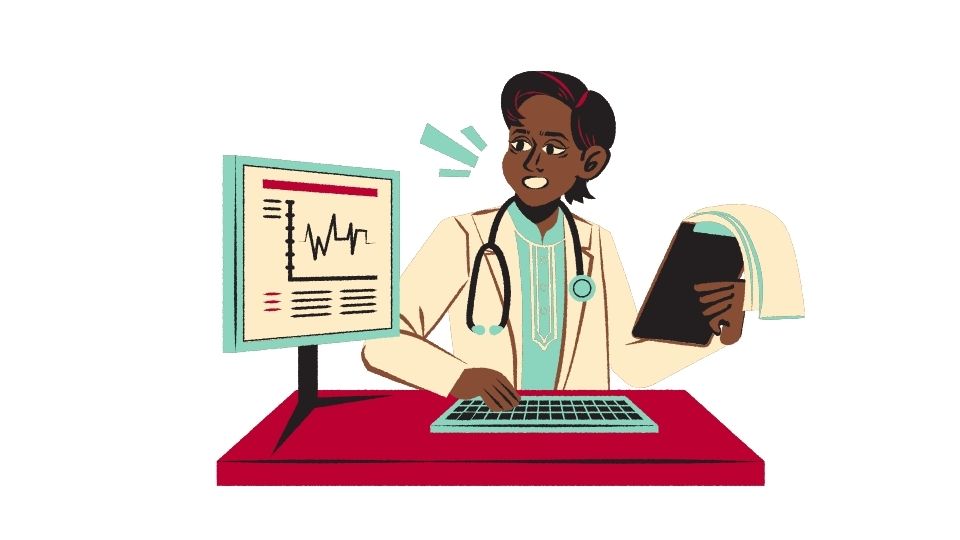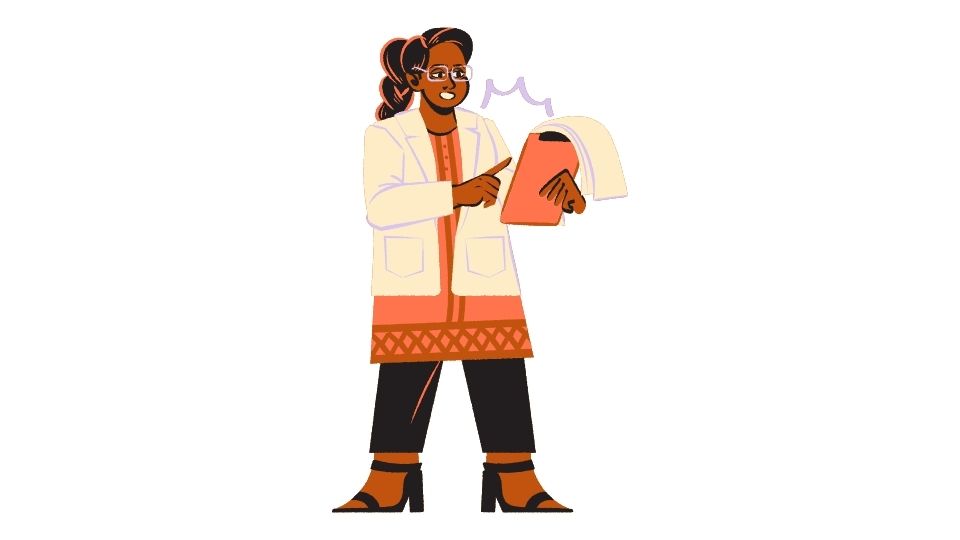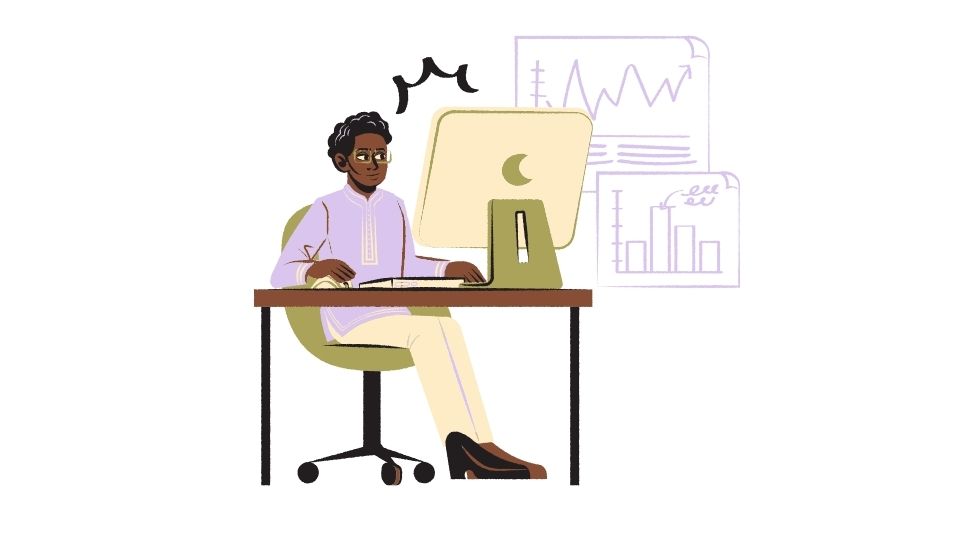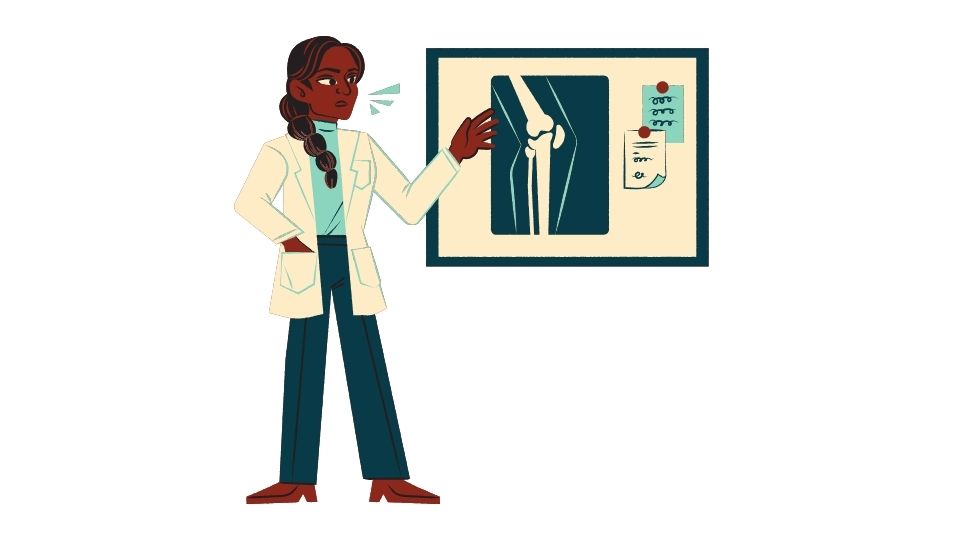How Different Cultures Around the World Approach Health

How the world thinks about health isn’t just a medical issue—it’s a cultural one.
Our views on wellness are deeply shaped by where we grew up, what we believe, and how our communities function. These cultural perspectives on health matter tremendously when we’re trying to deliver care that actually works for diverse populations.
While Western medicine loves to focus on diseases, pills, and high-tech solutions, many traditional cultures take a more holistic approach that sees the body, mind, spirit, and community as one interconnected system. Neither is completely right or wrong—they’re just different lenses for looking at the same human condition.
Let’s explore how culture shapes our health worldwide, and why understanding these differences might be the key to better healthcare for everyone.
Cultural Approaches to Health: Why Your Background Matters to Your Body
1. Cultural Competence: Not Just a Buzzword

Ever had a doctor who just didn’t “get” you? That disconnect multiplies when cultural differences enter the picture.
Cultural competence isn’t just about being nice—it’s about delivering healthcare that actually works. When providers understand and respect patients’ cultural backgrounds, amazing things happen: better communication, increased trust, and improved health outcomes.
The scary reality? Racial and ethnic minorities often experience worse health outcomes due to:
- Language barriers
- Limited access to care
- Lack of culturally relevant health education
- Implicit biases in the healthcare system
Healthcare systems are trying to fix this through cultural competence training for staff, offering translation services, and creating culturally tailored care plans. But we’ve still got a long way to go.
The World Health Organization has made cultural considerations a central part of their push for Universal Health Coverage by 2030. Because what good is healthcare if it doesn’t work for everyone?
2. Social Factors: Your Zip Code Might Matter More Than Your Genetic Code
Your health isn’t just about what happens in the doctor’s office—it’s about where you live, work, learn, and play.
These social determinants of health create what experts call a “social gradient,” where people in lower socioeconomic groups (often minority populations) experience dramatically poorer health outcomes.
The impact is huge:
- Education levels affect health literacy
- Income influences access to nutritious food
- Housing conditions impact exposure to environmental hazards
- Employment affects stress levels and insurance coverage
Programs like the CDC’s REACH initiative work to address these factors through community health partnerships tailored to specific cultural groups. Because sometimes the best medicine isn’t medicine at all—it’s fixing the underlying social issues.
3. Traditional Healing: Ancient Wisdom Meets Modern Medicine

Many cultures maintain healing traditions that have worked for them for centuries or millennia.
In parts of Asia, traditional Chinese medicine and Ayurveda view health as a balance of energies. Indigenous communities in the Americas see wellness as harmony with nature and community. Family elders often play crucial roles in health decisions across cultures.
This gets complicated when these traditions meet modern healthcare. Sometimes they complement each other beautifully; other times, they clash.
Smart healthcare providers find ways to respect traditional practices while ensuring patients get effective care. It’s not about choosing between cultural respect and good medicine—it’s about finding the sweet spot where both can coexist.
The integration of traditional medicine with modern healthcare systems is gaining recognition worldwide, particularly as research validates some traditional practices.
4. Global Health: One Size Definitely Doesn’t Fit All
When it comes to global health initiatives, cultural awareness isn’t optional—it’s essential.
Organizations like the Pan American Health Organization have learned that health programs must respect ethnic, social, and cultural diversities to be effective. This means:
- Ensuring participation of diverse populations in planning
- Respecting human rights across cultural contexts
- Using intercultural approaches that bridge differences
Cultural stigmas around certain health issues—mental illness, reproductive health, sexual orientation—vary dramatically across societies. Addressing these sensitively is crucial for effective global health research and interventions.
5. Medical Education: Teaching Doctors to Cross Cultural Divides

Medical schools are (finally) recognizing that being a good doctor means more than knowing anatomy and pharmacology.
Cultural humility—the lifelong commitment to self-evaluation and critique regarding cultural differences—is becoming part of medical education worldwide. This training helps healthcare providers:
- Recognize how culture shapes symptom description and illness experience
- Communicate effectively across language and cultural barriers
- Understand cultural influences on health behaviors and treatment preferences
This isn’t just feel-good fluff—it directly impacts diagnosis accuracy, treatment adherence, and patient outcomes. Medical schools that integrate cultural competence from day one are producing doctors better equipped for our diverse world.
6. Generational Shifts: Culture Isn’t Static

Even within cultures, there are huge differences in how generations approach health.
Elders may hold traditional beliefs and authority over health decisions, while younger generations often blend traditional and Western approaches. This creates both challenges and opportunities for healthcare providers.
Socioeconomic factors compound these differences—poverty, education gaps, and language barriers particularly affect marginalized cultural groups.
Smart healthcare institutions create policies that balance respect for cultural diversity with evidence-based care. Sometimes this means bringing in cultural mediators or ethicists to navigate complex situations where cultural practices and medical recommendations seem at odds.
In our increasingly connected world, understanding cultural approaches to health isn’t just nice—it’s necessary. Whether you’re a healthcare provider, public health professional, or just someone trying to navigate your own healthcare, recognizing the role of culture can make all the difference.
The future of healthcare isn’t about forcing everyone into the same box—it’s about building systems flexible enough to meet people where they are, culturally speaking. Because ultimately, the best healthcare is the kind that actually works for the person receiving it, whatever their background might be.







